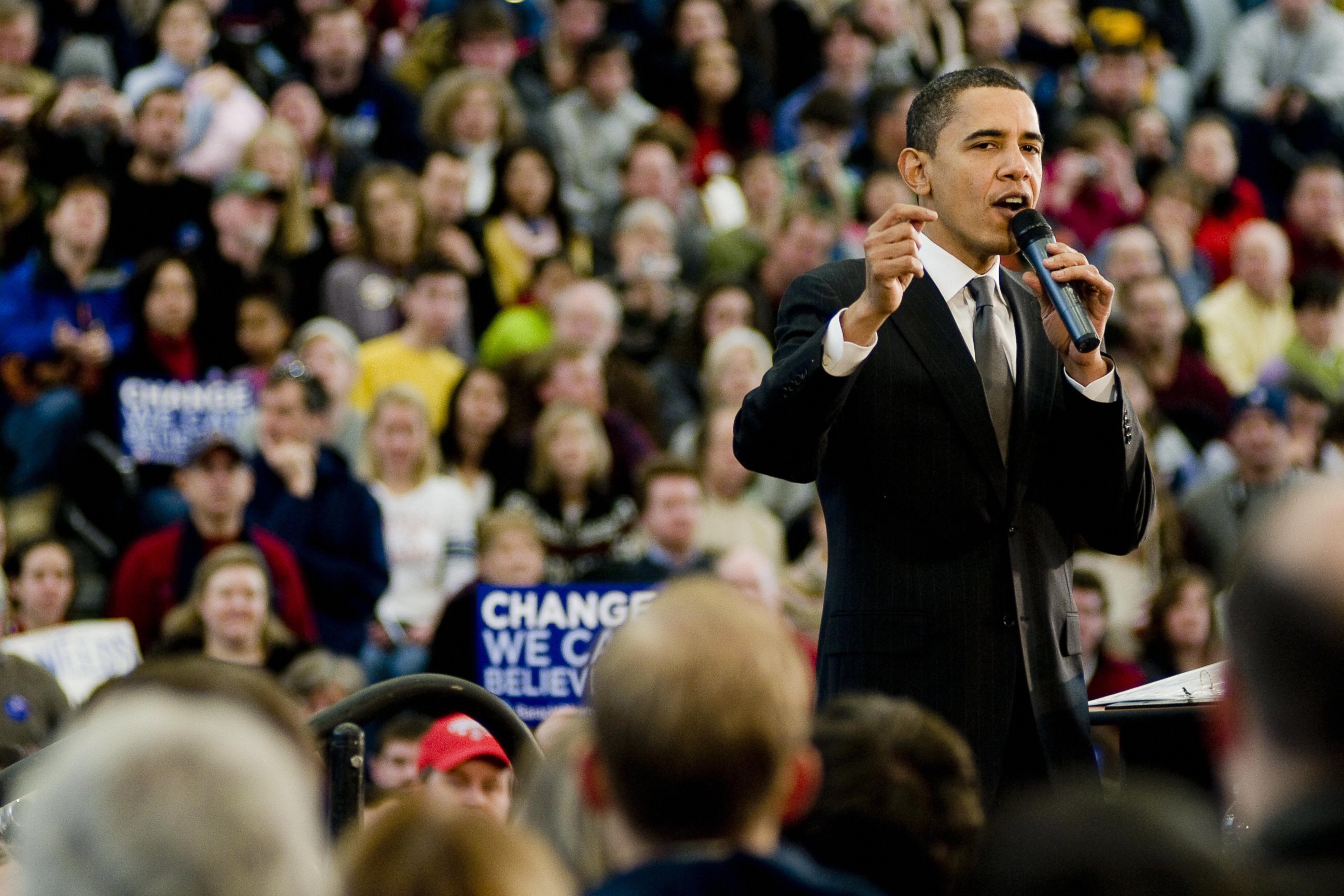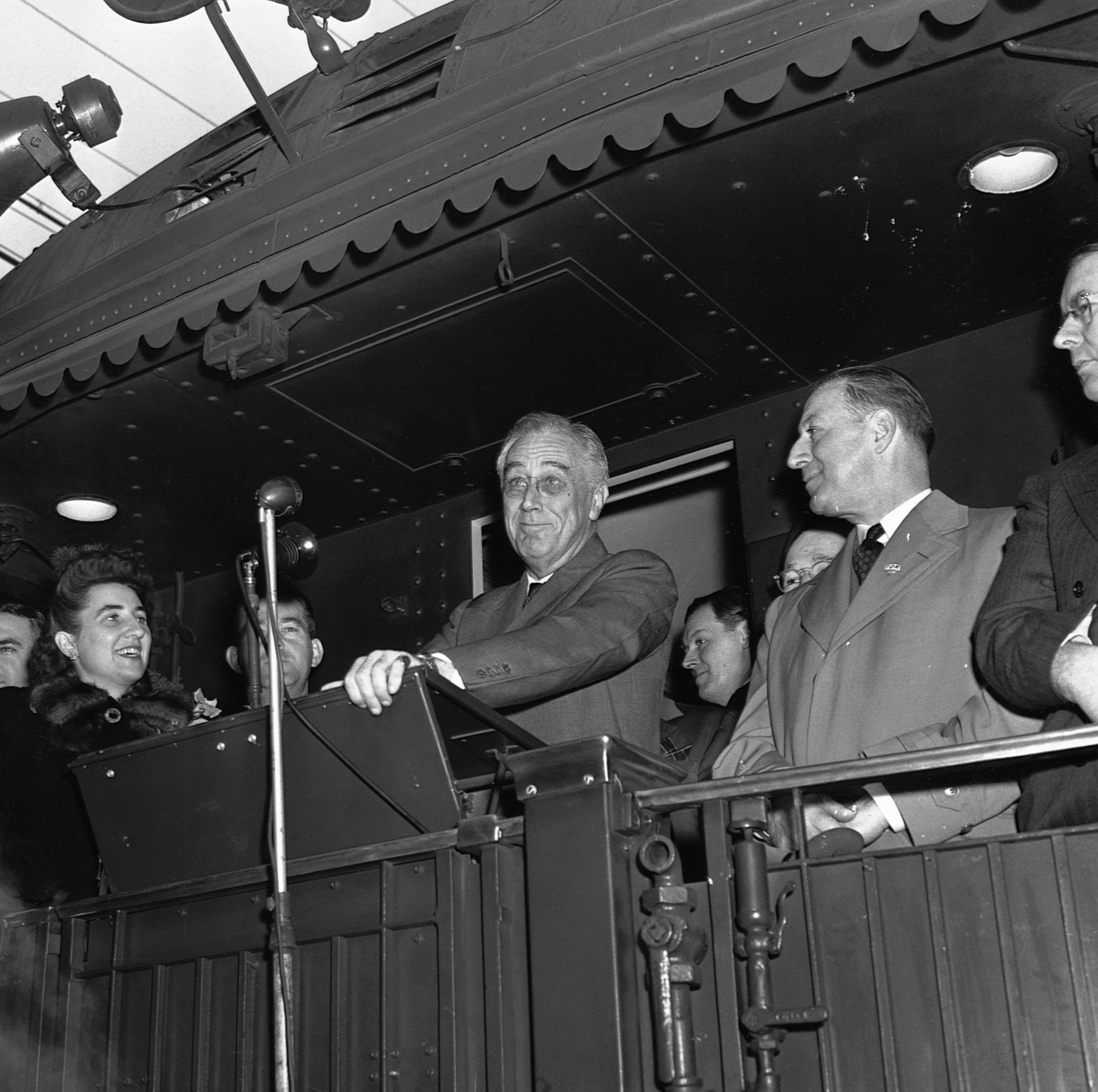Notable Precedents for Presidential Candidates' Health Disclosures
Clinton's recent health scare contributes to Trump narrative about her fitness.
— -- Hillary Clinton's pneumonia diagnosis has highlighted the lack of consistency when it comes to candidates’ health disclosures.
The Federal Election Commission requires a personal financial disclosure form for presidential candidates, but there’s no such requirement when it comes to health information, according to an agency spokeswoman. The only constitutional requirement is that candidates be at least 35 years old.
Beyond that, the level of transparency over the years has differed by campaigns.
Present-Day Precedent

In recent years, candidates have operated with an understanding that they should disclose details, but their individual health appeared to dictate how much information to share with the public.
In 2008, then-Sen. Barack Obama released a 276-word statement by his longtime physician indicating he was in excellent health.
"I was derided for issuing such a brief report, but there was nothing of significance in the medical history of this healthy, 47-year-old male," Dr. David Scheiner wrote in The Washington Post Friday.
In the article, which was published two days before Clinton's health scare at the 9/11 Memorial, the doctor called for further information about both Clinton and Donald Trump's health.
Obama's then-competitor, Sen. John McCain, who has a history of skin cancer, was older than his rival. He made nearly 1,200 pages of medical records available for viewing by a select group of journalists. They detailed "all facets of McCain's health care" since his prior presidential run in 2000, according to a 2008 Associated Press report.
During the 2008 race, those disclosures came in May for both Obama and McCain.
In 2012, Obama's Republican challenger, former Gov. Mitt Romney, released a two-page summary from his longtime doctor that detailed his medical procedures from prior decades (such as an appendectomy in 1965 and a hand injury in 1987) and his diet, which includes "abundant fruits and vegetables and minimizes intake of high cholesterol foods and concentrated sweets."
White House Weighs In
During a news briefing today, White House spokesman Josh Earnest said individual candidates "have to decide for themselves" whether they will release information about their health.
"Obviously, the requirement that the American people have some understanding of the health of their president is, I think, a pretty commonsense proposition,” he said. “But for individual candidates, they, ultimately, have to make a decision on their own about what kind of information and what kind of detail about their health they're prepared to disclose.”
Earnest said that questions regarding a presidential candidate's health are "entirely legitimate questions but how they're answered is something that individual candidates have to decide for themselves."
A Different Clinton's Take

During the 1996 campaign, when President Bill Clinton was running for re-election, he gave a detailed interview to The New York Times about his health, which went into specifics about how his health fared during his first term in office.
At the time, he made it clear that he supports the public's interest in the health status of a candidate.
"The public has a right to know the condition of the president's health," he said during the interview.
Among the details were tidbits about how Clinton is allergic to cat dander (even though they had a family cat, Socks), smoke (even though he smoked a pipe while at Oxford University), and used a wedge to raise the head of his bed ("no question, it helps”).
When Presidents Held Back

But there are other presidents who hid the extent of their ailments.
The clearest example is President Franklin D. Roosevelt, when he was suffering from congestive heart failure, hypertension, acute bronchitis and pulmonary disease while running for a fourth term in 1944, according to the BBC, and his doctor wrote a letter saying Roosevelt's health was strong even though he died shortly after being elected.
Another case involved President Woodrow Wilson when he suffered a stroke in 1919 while in office and only a select group of advisers, including his wife, Edith, and family doctor, knew the extent of his illness.
ABC News’ Arlette Saenz contributed to this story.




